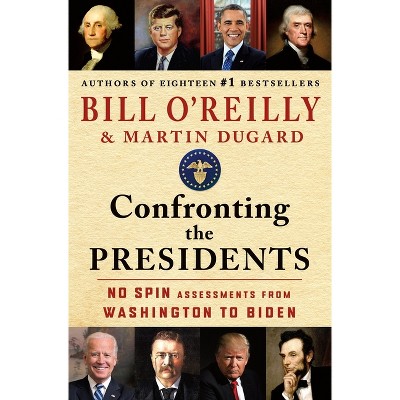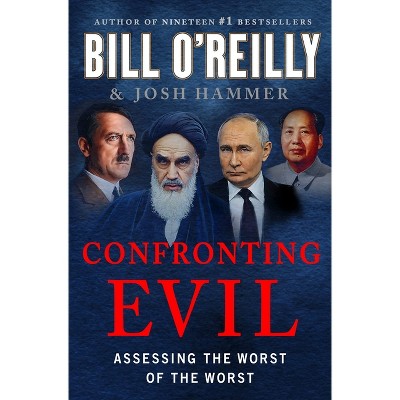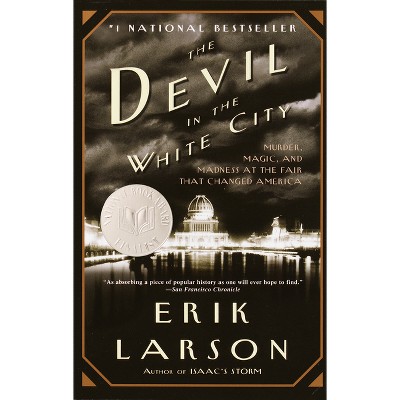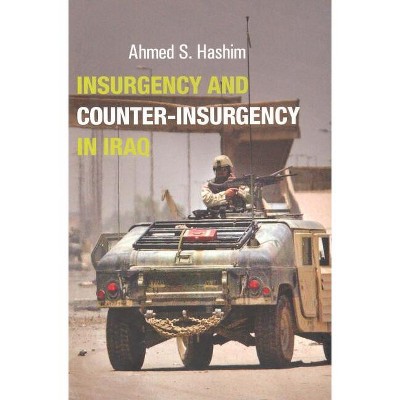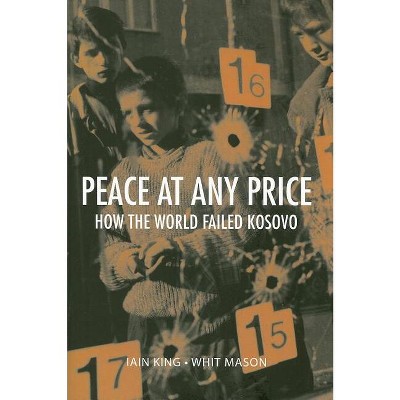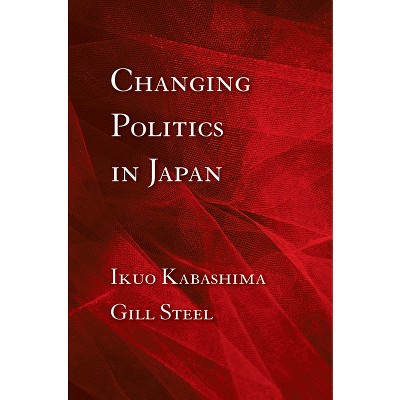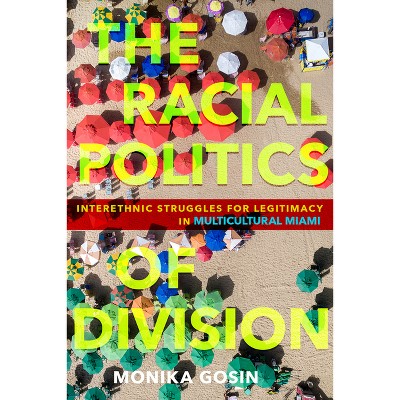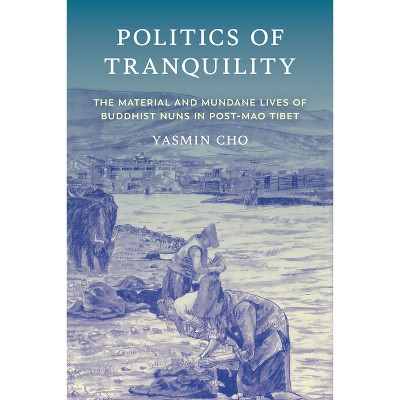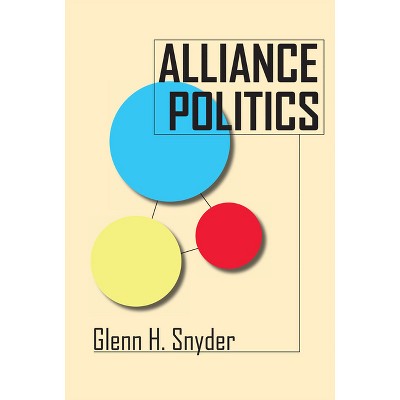Iraq in Fragments - (Crises in World Politics) by Eric Herring & Glen Rangwala (Hardcover)

About this item
Highlights
- When the United States led the invasion of Iraq in March 2003, it expected to be able to establish a prosperous liberal democracy with an open economy that would serve as a key ally in the region.
- About the Author: Eric Herring is a senior lecturer in international politics at the University of Bristol.
- 368 Pages
- History, Military
- Series Name: Crises in World Politics
Description
About the Book
When the United States led the invasion of Iraq in March 2003, it expected to be able to establish a prosperous liberal democracy with an open economy that would serve as a key ally in the region. It sought to engage Iraqi society in ways that would...
Book Synopsis
When the United States led the invasion of Iraq in March 2003, it expected to be able to establish a prosperous liberal democracy with an open economy that would serve as a key ally in the region. It sought to engage Iraqi society in ways that would defeat any challenge to that state building project and U.S. guidance of it. Eric Herring and Glen Rangwala argue that state building in Iraq has been crippled less by preexisting weaknesses in the Iraqi state, Iraqi sectarian divisions or U.S. policy mistakes than by the fact that the US has attempted-with only limited success-to control the parameters and outcome of that process. They explain that the very nature of U.S. state-building in Iraq has created incentives for unregulated local power struggles and patron-client relations. Corruption, smuggling, and violence have resulted.The main legacy of the US-led occupation, the authors contend, is that Iraq has become a fragmented state-that is, one in which actors dispute where overall political authority lies and in which there are no agreed procedures for resolving such disputes. As long as this is the case, the authority of the state will remain limited. Technocratic mechanisms such as training schemes for officials, political fixes such as elections, and the coercive tools of repression will not be able to overcome this situation.Placing the occupation within the context of regional, global, and U.S. politics, Herring and Rangwala demonstrate how the politics of co-option, coercion, and economic change have transformed the lives and allegiances of the Iraqi population. As uncertainty about the future of Iraq persists, this volume provides a much-needed analysis of the deeper forces that give meaning to the daily events in Iraq.
Review Quotes
"A bleak appraisal . . . . Herring and Rangwala treat the period of the United States in Iraq from the arrival of U.S. forces to 2006. . . . The book presents a detailed, thoroughly researched, clear, and closely reasoned finding that the United States' state building in Iraq 'has been fundamentally flawed and is causing the formation of a fragmented state.'"--L.Carl Brown, Foreign Affairs, January/February 2007
"This book stands out as an admirably sober and powerful analysis of one of the most complicated and emotionally charged issues in today's world politics. With its lucid account, impressive research, and extensive documentation, the book is challenging and compelling. It should be a must-read for all Iraq specialists, foreign policy experts, and policy- and opinion-makers. Students of international relations, as well as general readers, will also benefit greatly from this up-to-date work."--Tareq Y. Ismael, University of Calgary
"This is a first-rate study of the consequences for Iraq of the US-led invasion and occupation of the country and of the kind of politics that has developed there. The authors use state-building theory and the insights of international political economy to throw light on the processes which have been set in motion and which are going to shape Iraqi politics for years to come. At the same time, their narrative is a lively one, packed with detail and informed by a real understanding of the fears and ambitions of many of the Iraqi political actors. This complex story of idealism, greed, and violence, woven through social formations and the pale institutions of the emerging Iraqi state, produces a compelling account--the clearest yet available of the 'new Iraq.'"--Charles Tripp, SOAS, author, A History of Iraq
About the Author
Eric Herring is a senior lecturer in international politics at the University of Bristol. He is the author of Danger and Opportunity: Explaining International Crisis Outcomes and coauthor with Barry Buzan of The Arms Dynamic in World Politics. Glen Rangwala is a lecturer in politics at the University of Cambridge.
Shipping details
Return details
Trending History
